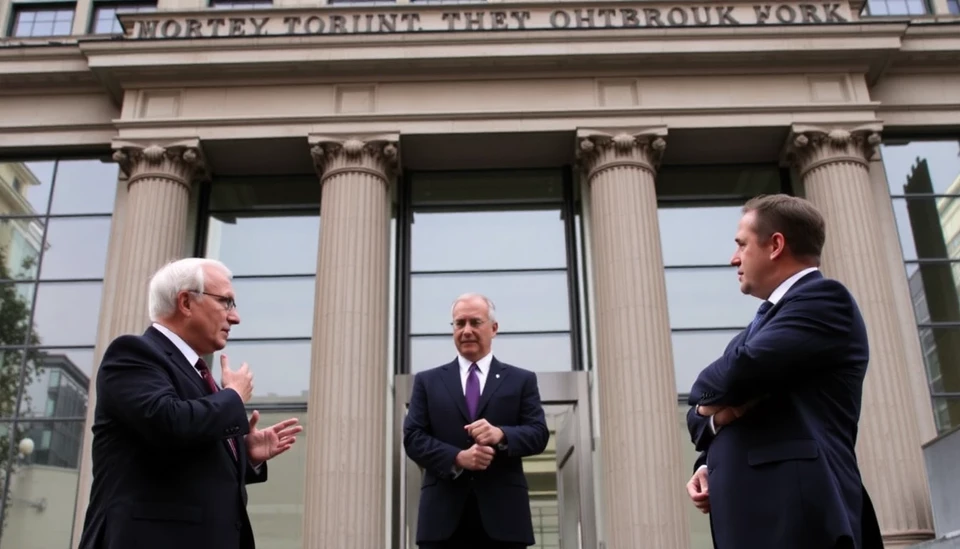
The European Central Bank (ECB) is witnessing a growing divide among its policymakers regarding future monetary policy directions, highlighting an increasingly complex economic landscape within the Eurozone. Recent discussions reveal a split in opinions about the appropriate path for interest rates, inflation control strategies, and the overall economic recovery outlook.
During an exclusive meeting, several key figures within the ECB expressed concerns about the persistence of high inflation rates that have plagued the Euro area for an extended period. Some members advocate for maintaining or possibly increasing interest rates to combat inflationary pressures, arguing that a firm stance is essential to curbing price increases that could undermine economic stability.
Conversely, other policymakers believe an adjustment of the current rates may be necessary, suggesting that the ECB should prioritize fostering economic growth over stringent inflation controls. They point to signs of a slowing economy in several member states, emphasizing that further rate hikes could stifle growth and deter investment in an already fragile economic environment.
This divergence in viewpoints has led to an internal debate on how to balance the dual mandate of the ECB: ensuring price stability while supporting economic growth. Members with the hawkish stance underline the necessity of decisive actions against inflation, warning that failure to act could erode public trust in the institution's ability to manage monetary policy effectively.
On the other hand, more dovish members argue that the economic indicators such as unemployment rates and consumer spending should guide the ECB's policies, suggesting that the focus should shift towards nurturing an environment conducive to recovery rather than constraining it further through higher borrowing costs.
As this debate unfolds, it has coincided with the release of several economic reports indicating mixed outcomes across various Eurozone sectors. While some areas show signs of resilience, particularly in manufacturing and services, others struggle against the backdrop of tightening financial conditions and consumer uncertainty. The ECB's forthcoming decisions will play a critical role in shaping the Euro area's economic trajectory, implications of which could ripple through global markets.
The ECB faces the difficult task of navigating these contrasting perspectives as it approaches its upcoming meetings and decisions. As the organization's leadership strives to unify its approach to future policies, analysts and investors will be keenly watching for any signals that might indicate a shift in strategy, particularly in light of evolving economic conditions and their potential impact on future inflation projections.
In the face of these challenges, uncertainty looms large over the Eurozone's economic outlook. The deeply divided opinion among ECB policymakers is a reflection of broader global economic complexities, hinting that careful calibration of monetary policy will be necessary to strike the right balance between inflation control and economic growth. As the ECB prepares to tackle these pressing issues, all eyes will remain fixed on its upcoming communications and policy actions.
#ECB #MonetaryPolicy #Inflation #EconomicOutlook #Eurozone #InterestRates #PolicyDivergence #FinancialStability #GlobalEconomy #InterestRateHike
Author: Laura Mitchell




